detail profile armin schweizer
Peran Yang Di Mainkan Armin Schweizer
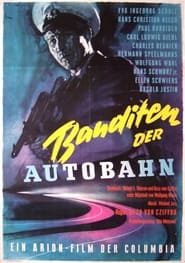 The film is based on a...
The film is based on a...Bandits of the Highway 1955
The film is based on a true story, concerning a series of robberies on the highways of Germany. At the time of the actual events, there was a controversy over whether or not highway patrolmen should be given permission to use firearms against perpetrators.
 Heidi a young orphan girl living...
Heidi a young orphan girl living...Heidi 1952
Heidi, a young orphan girl living with her aunt in Frankfurt, is forced to move to the Swiss Alps to live with her ornery grandfather. At first, he resents her presence, but, after a short while, Heidi manages to pierce his gruff exterior, and the two become close. She also befriends a young shepherd named Peter. After three years, Heidi's aunt arrives and demands Heidi's return to Frankfurt.
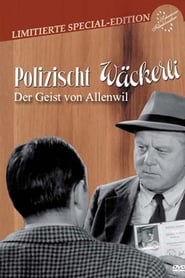 Schaggi Streuli was not his real...
Schaggi Streuli was not his real...The Ghost of Allenwil 1951
Schaggi Streuli was not his real name. Born Emil Kägi, he had little luck in the first 30 years of his life. As the sixth child of an alcoholic and also a divorce goof, it wasn't easy for Schaggi Streuli. After that he tried unsuccessfully as a pickle in Ticino and a butcher offshoot. His only consolation, acting. And as it turned out later; also his calling.
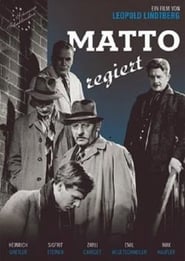 If any one man is responsible...
If any one man is responsible...Madness Rules 1947
If any one man is responsible for the rejuvenation of the postwar Swiss film industry, that man was director Leopold Lindtberg. Matto Regiert (Madness Rules) was co-adapted for the screen by Lindtberg from a novel by Friedrich Glauser. Heinrich Gretler stars as Police Constable Studer, the hero of several of Glauser's most popular works. This time, Studer must solve the murder of the director of an insane asylum -- and it's not (surprise, surprise) the most likely suspect, manic-depressive patient Herbert Caplaun. For box-office purposes, Matto Regiert stresses a romantic subplot involving Caplaun and nurse Irma Wasem.
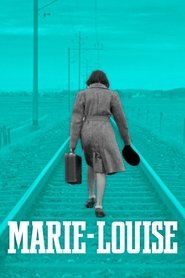 The titular MarieLouise is a young...
The titular MarieLouise is a young...Marie-Louise 1944
The titular Marie-Louise is a young French lass who is evacuated to Switzerland when her country is overrun by the Nazis. Suffering a nervous breakdown, she is given comfort and shelter by a wealthy family. Unfortunately, living in the lap of luxury makes Marie-Louise hesitant to return home to her mother and war torn home. Eventually the girl comes to her senses, but it isn't easy.

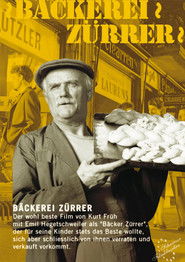 Widowed baker Zrrer has to raise...
Widowed baker Zrrer has to raise...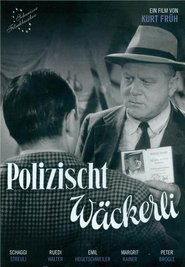 Wckerli policeman in the small Swiss...
Wckerli policeman in the small Swiss...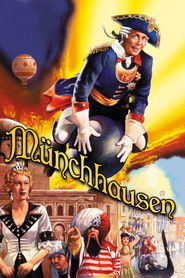 Legendary immortal nobleman Baron Munchausen regales...
Legendary immortal nobleman Baron Munchausen regales...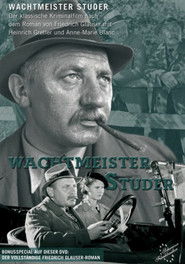 A policeman is not convinced that...
A policeman is not convinced that...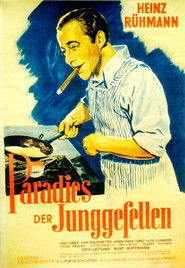
 An operetta directed by Herbert Maisch
An operetta directed by Herbert Maisch The film follows the life story...
The film follows the life story...